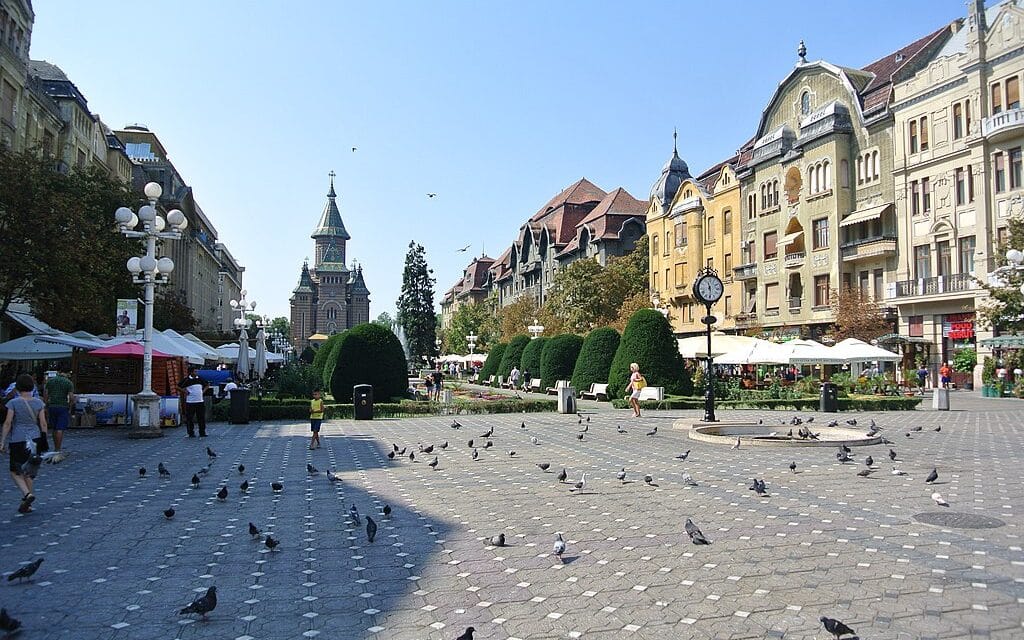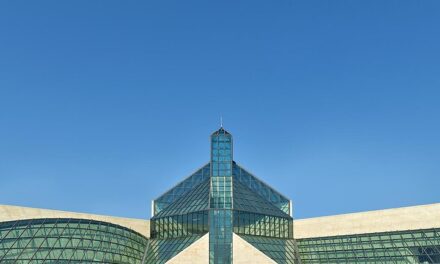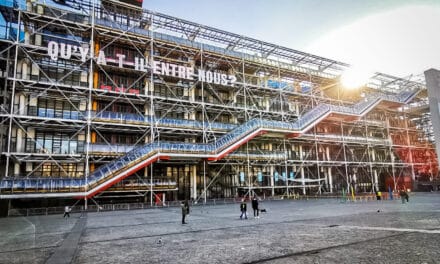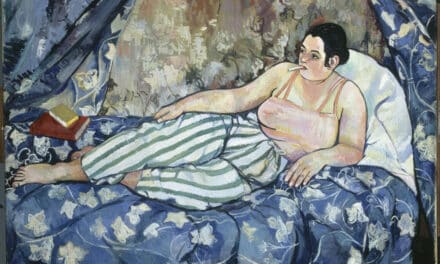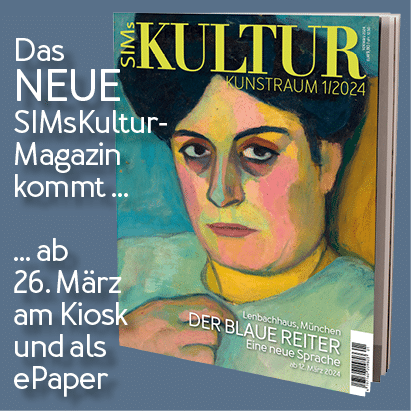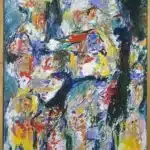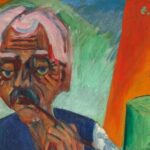Timișoara is a city in western Romania, the capital of Timiș County, the seat of the Western Planning Region and the historical, economic and cultural center of the Banat region of Timișoara. In 2011, the city had the third largest population in the country after Bucharest and just behind Cluj-Napoca. Danube Swabians made up the largest ethnic group in the city until the Second World War. It will be the European Capital of Culture in 2023.
The cityscape is largely characterized by the more than 14,500 historic buildings, particularly in the old building districts of Cetate, Iosefin and Fabric. The buildings form an ensemble with an unmistakable identity. Their preservation and the associated safeguarding of the architectural heritage to improve living and housing conditions is a key challenge for the city administration.
Places of interest
The city center is also known as "Little Vienna" due to the city's long affiliation with Austria-Hungary and the associated character of buildings from the imperial era, as it is reminiscent of old Vienna. Around 15,000 historic buildings in Schönbrunn yellow and other pastel colors line the squares and streets of Timișoara and cobblestones run through the historic old town. The fortress of Timisoara was built in the first third of the 18th century on the remains of an existing Ottoman fortification with strong walls and a total of nine bastions, of which only the Maria Theresa bastion remains today, along with two smaller wall remains. The Timișoara Philharmonic Society regularly organizes concerts in the synagogue in the city centre, which is no longer used as a place of worship. The numerous other religious buildings of the various denominations in Timișoara are also worth seeing. Fourteen bridges cross the Bega, of which the Podul Decebal bridge is often described as the most beautiful of the bridges in Timișoara. The Neptune Baths, Baia Publică Neptun, are also located on the bridge.
European Capital of Culture 2023
In spring 2011, representatives from the worlds of culture, politics and business founded the Timișoara Capitală Culturală Europeană (Timisoara European Capital of Culture) association. The aim of the association was to create the conditions for Timisoara to meet the EU criteria in order to be selected for the title of European Capital of Culture. The honorary president of the association is Ioan Holender.
The preparations being made by the local authorities for this purpose include the redevelopment of the old town center. In 2016, Timișoara was initially awarded the title and was to be European Capital of Culture in 2021 together with Novi Sad / Serbia and Eleusis / Greece. However, a postponement to 2023 was approved in 2020 due to the COVID-19 pandemic and the associated travel restrictions.
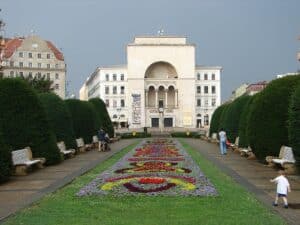
National Theater and Opera House in the Piața Victoriei in Timisoara © Thomas Krisch

